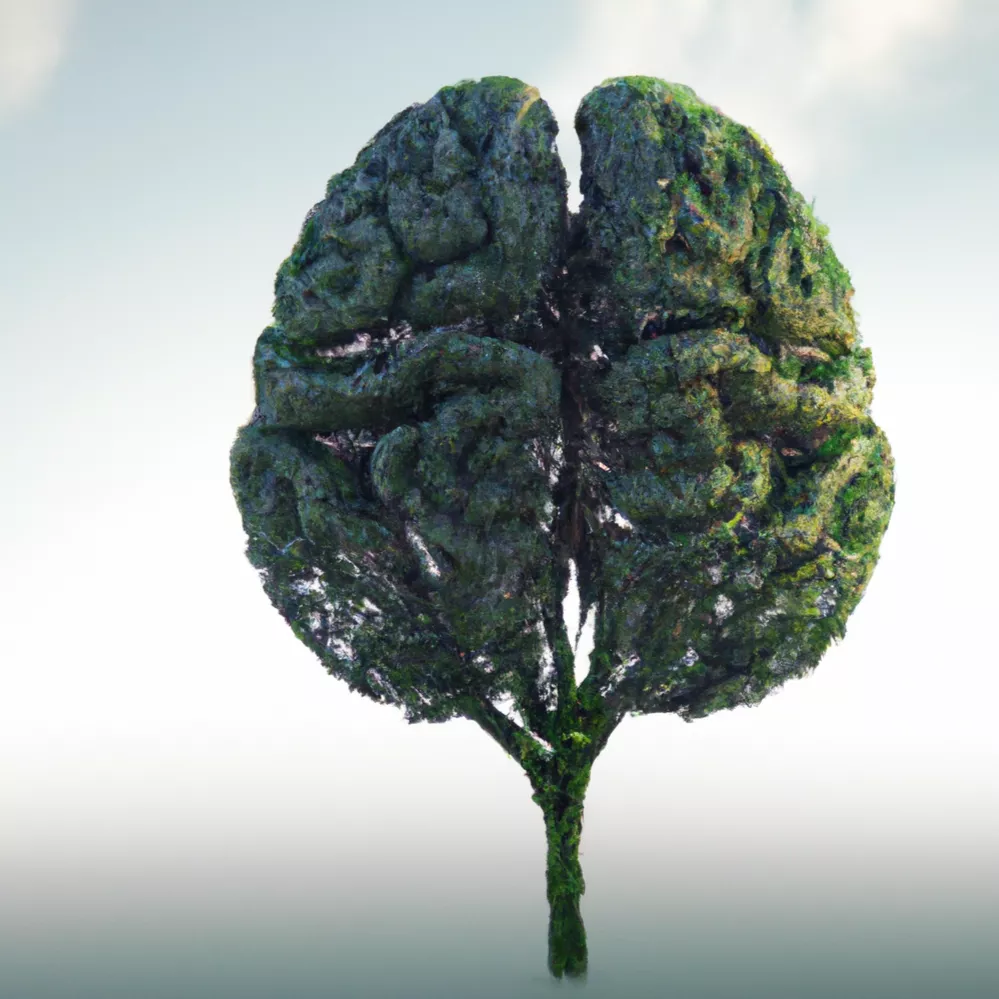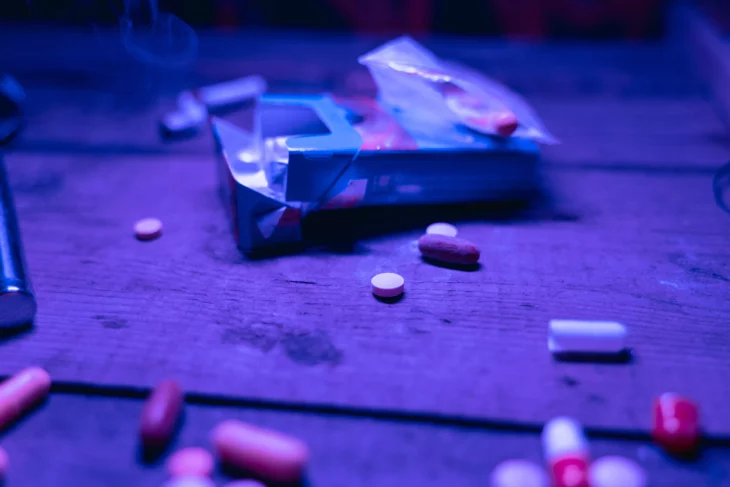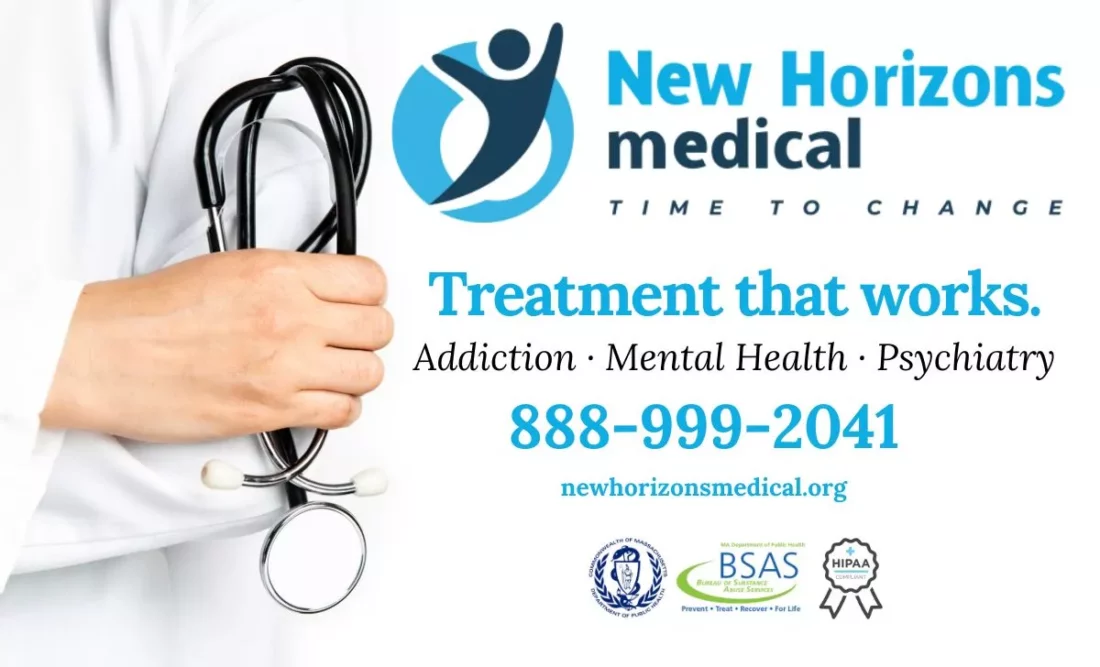
Addiction is a complex and challenging problem that affects millions of people around the world. It’s a topic that has been extensively studied, and over the years, our understanding of addiction has evolved. In this article, we’re going to talk about how addiction works, why it’s considered a long-term disease, how having a supportive community can help someone recover, and what makes some people more successful in recovery than others. We’ll also discuss the neurological aspects of addiction and strategies for maintaining recovery.
The Disease of Addiction
When we talk about addiction, it’s important to see it as a disease, not a sign of weak character. This is a big deal because it changes how we think about and treat addiction. It helps us be more understanding and supportive, instead of blaming or judging.
People trapped in addiction are often looking for a cure, something that can free them from the hold it has on them. They want to find a way to take back control of their lives.
Scientists have been working hard to understand addiction. They now describe it as a chronic, or long-term, condition that keeps coming back, even when it causes problems and the person understands the potential consequences.
Addiction is marked by a strong desire to keep doing something harmful, even when you know it’s bad for you. This desire is so strong that it can make a person ignore the harm they’re causing to themselves. This is what makes addiction so hard to beat.

In the next sections, we’ll dig deeper into the science of addiction. We’ll look at how it’s connected to the brain, what can help a person recover, and what researchers are doing to find a cure. We’ll also talk about how having a supportive community can help in recovery, and how learning new ways to cope can set a person up for success. So, stick around as we explore this complex disease.
Factors Influencing Recovery Success
Recovering from addiction can be successful up to 60% of the time when certain things line up. These include ongoing treatment, the person’s active involvement, and a supportive environment. It’s important to remember that there’s no one-size-fits-all solution, and each person’s journey to recovery can be different especially when dealing with trauma.
Ongoing treatment could mean therapy, medication-assisted treatment, or a mix of both. Being part of these treatments and therapy sessions is key to learning the skills and coping strategies needed for recovery. Plus, having a supportive environment, which could include family, friends, and living in a sober place, can make a huge difference.
Community Support in Recovery
Community support is a big help in the recovery journey. While Alcoholics Anonymous (AA) and Narcotics Anonymous (NA) meetings might not be for everyone, the idea of being part of a community of people who understand what you’re going through can be really helpful. This sense of belonging and shared experience can give people the strength and motivation they need.
Many people in recovery find comfort and inspiration from people who get what they’re going through. This community can be a lifeline for those working their way through the tough journey to recovery.
In addition, the support of friends and family is incredibly important in the recovery process. Their understanding, patience, and encouragement can provide a strong foundation for recovery. They can help create a positive and supportive environment, which is crucial for overcoming addiction. It’s essential for friends and family to educate themselves about addiction so they can provide the right kind of support and help their loved ones on their path to recovery.

The Science Behind Addiction
Let’s dive into the science of addiction. It’s key to know that addiction isn’t just about willpower or self-control. If exposed enough to drugs and alcohol, anyone could become addicted. Addiction isn’t about being weak; it’s about how our brains work.
Our brain is at the center of addiction. There are analytical regions of our brain that can think things through and stop us from just seeking pleasure. But, for people with addiction, brain scans have shown less activity in the prefrontal cortex. This is the part of the brain where rational thinking can stop impulsive behavior. This is not always an acquired trait, some people have a genetic predisposition for addiction, sometimes regardless of their family’s history.
It’s worth noting that almost anything deeply enjoyable has the potential to become addictive. This is why it’s crucial to understand the science behind addiction and the factors that make individuals vulnerable to its grasp. Understanding the different types of substance abuse treatment programs can help you or a loved one take that important first step toward long-term sobriety and recovery.
Cravings and GABA
In people with addictions, the natural damping circuit, called GABA (gamma-aminobutyric acid), appears to be faulty
Time Magazine, The Science of Addiction
GABA is a neurotransmitter, a chemical messenger in the brain. “It slows down your brain by blocking specific signals in the central nervous system (brain and spinal cord)” (Cleveland Clinic). This can lead to intense cravings and difficulty resisting substances. Stress can further increase the desire for drugs, making it a constant battle for those in recovery.
GABA’s inhibitory effects are important for the regulation of neuronal excitability. In the context of addiction, GABA activation could be associated with dopamine suppression. Some research suggests that the release of GABA significantly influences the activity of dopamine neurons. Upon activation of GABA neurons, a strong inhibitory effect was reported on the rate of firing in dopamine neurons. In contrast, following GABA neuron inhibition, a disinhibition or increase of dopamine was witnessed (News Medical).
There are medications that target GABA receptors, such as benzodiazepines, which include diazepam (Valium®) and alprazolam (Xanax®). These medications act on the GABA-A receptor. Gabapentin, a medication used to treat seizures and nerve pain, increases GABA concentrations. According to research findings, it also decreases the release of glutamate (National Institute of Health). Consequently, gabapentin has the potential to decrease symptoms of alcohol withdrawal syndrome, including anxiety, insomnia, and cravings.
Evidence indicates that symptoms of alcohol withdrawal syndrome stem from reduced gamma-aminobutyric acid (GABA) activity and enhanced glutamate. GABA is an amino acid with an inhibitory effect in the brain, and glutamate is a key excitatory chemical in the brain.
Mayo Clinic Proceedings
Treatment programs for substance use disorder usually offer individual, group, or family therapy sessions, a focus on understanding the nature of addiction, becoming drug-free, and preventing relapse. Levels of care and settings vary depending on your needs, such as outpatient, residential, and inpatient programs. Outpatient treatment services may include detox, individual or group therapy, mutual support groups or 12-Step groups, and drug addiction therapy.
Maintenance Medications
Suboxone
Suboxone, a combination of buprenorphine and naloxone, is a key player in the battle against opioid addiction. It works by binding tightly to the same receptors in the brain as other opiates like heroin and oxycodone. This action not only decreases the intoxication with these drugs but also prevents cravings, allowing many people to transition back from a life of addiction to a life of stability and safety. Suboxone is typically used as part of a comprehensive treatment program that includes counseling and other psychosocial supports. It’s important to note that Suboxone is not a cure for addiction, but a tool to help manage and treat opioid use disorder.
Vivitrol
On the other hand, Vivitrol, an extended-release formulation of naltrexone, is used in the treatment of alcoholism. It works by changing how the brain responds to alcohol consumption. Vivitrol is administered by intramuscular injection once a month, making it a convenient option for those struggling with medication compliance. Clinical trials have shown that Vivitrol can effectively reduce cravings for alcohol and the number of days a person engages in heavy drinking. However, it’s crucial to understand that Vivitrol is not a standalone solution. It’s most effective when used as part of a comprehensive treatment program that includes counseling and behavioral therapies.

Recovery and Rational Decision-Making
Recovery from addiction isn’t just about reducing the urges; it’s about strengthening the rational decision-making part of your brain, known as the frontal cortex. The ability to resist cravings for substances is a skill that can be developed over time. It’s a process that requires patience, dedication, and active participation in a recovery program. If you or someone you know needs help in controlling addiction, please reach out to New Horizons Medical.
Being an active participant in a recovery program means regularly checking in with therapists and medical providers. This continuous engagement promotes patient well-being and ensures that the recovery process is on track. Therapists can provide coping strategies and emotional support, while medical providers can monitor health progress and adjust treatment plans as necessary.
Studies have shown that after a year of staying away from substances, the brain begins to return to its pre-drug state. This is a significant milestone in the recovery journey. However, it’s important to note that it takes at least 90 days to gradually re-engage the rational decision-making and analytical functions of the brain that can help deter cravings.
During this period, it’s crucial to stay committed to the recovery program and maintain regular check-ins with healthcare providers. This commitment not only aids in resisting cravings but also empowers individuals to regain control over their lives, fostering long-term recovery and a healthier future.

Coping Strategies and Ongoing Recovery
For individuals in recovery, learning coping strategies to resist the urge to consume substances is a critical skill. This could involve recognizing triggers, developing healthy habits, or finding alternative activities to divert the mind. It’s about learning to talk oneself out of the immediate desire to consume a substance and focusing on the long-term benefits of staying sober.
Having a support system in place is equally essential. This could be a trusted friend, a family member, or a mentor who understands the recovery journey. They can provide encouragement during tough times, celebrate successes, and offer a listening ear when needed. Knowing that there’s someone who can help resist the urge to consume can be a powerful tool for a person in recovery.
The journey of recovery is ongoing. A rehabilitated addict is always in recovery, and it’s important to remember that addicts never lose their vulnerability to their drug of choice. This is why continuous engagement in recovery activities, regular check-ins with support systems, and maintaining coping strategies are vital for long-term recovery and well-being. It’s a lifelong commitment to health and sobriety, but with the right tools and support, it’s a journey that can be successfully navigated.
Ensuring Recovery Success
It’s crucial not to put your recovery to the test. It’s best to set yourself up for success rather than failure. Recovery is a journey that should be carefully nurtured and protected. Understand the science behind addiction, engage in treatment, build a supportive community, and strengthen your rational decision-making.
Addiction is a formidable adversary, but armed with knowledge and support, individuals can embark on a journey of recovery with the hope of a healthier, happier, and addiction-free future.
Conclusion
In conclusion, the science of addiction is a multifaceted field, and our understanding of it continues to evolve. It’s a disease, not a moral failing, and recovery is a complex process that involves the brain, emotional support, and rational decision-making.
With the right treatment, engagement, and a supportive environment, addiction recovery can be highly successful. However, it’s essential to recognize that vulnerability to addiction remains, and ongoing recovery is a lifelong journey. By understanding the science behind addiction and implementing the strategies discussed in this article, individuals can take positive steps toward a healthier and addiction-free future.


